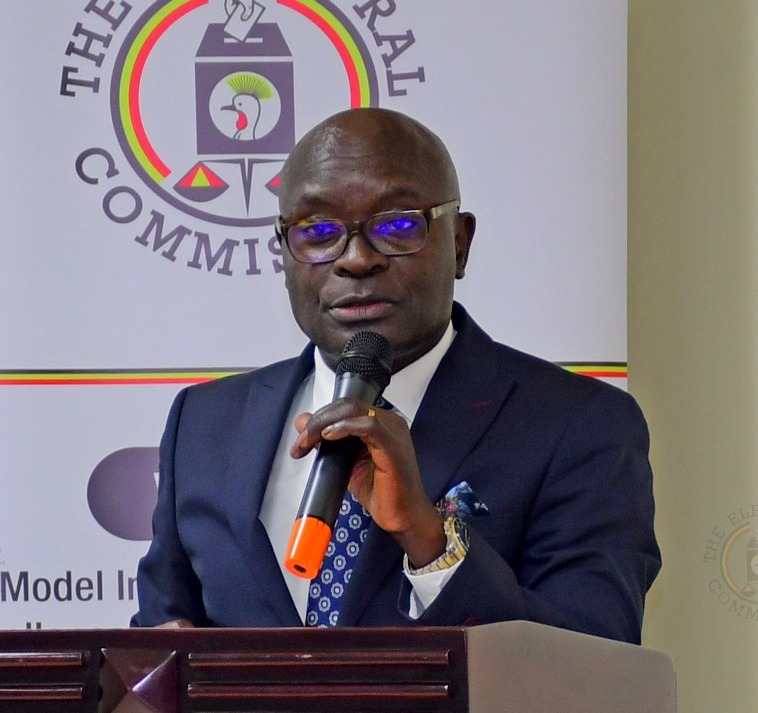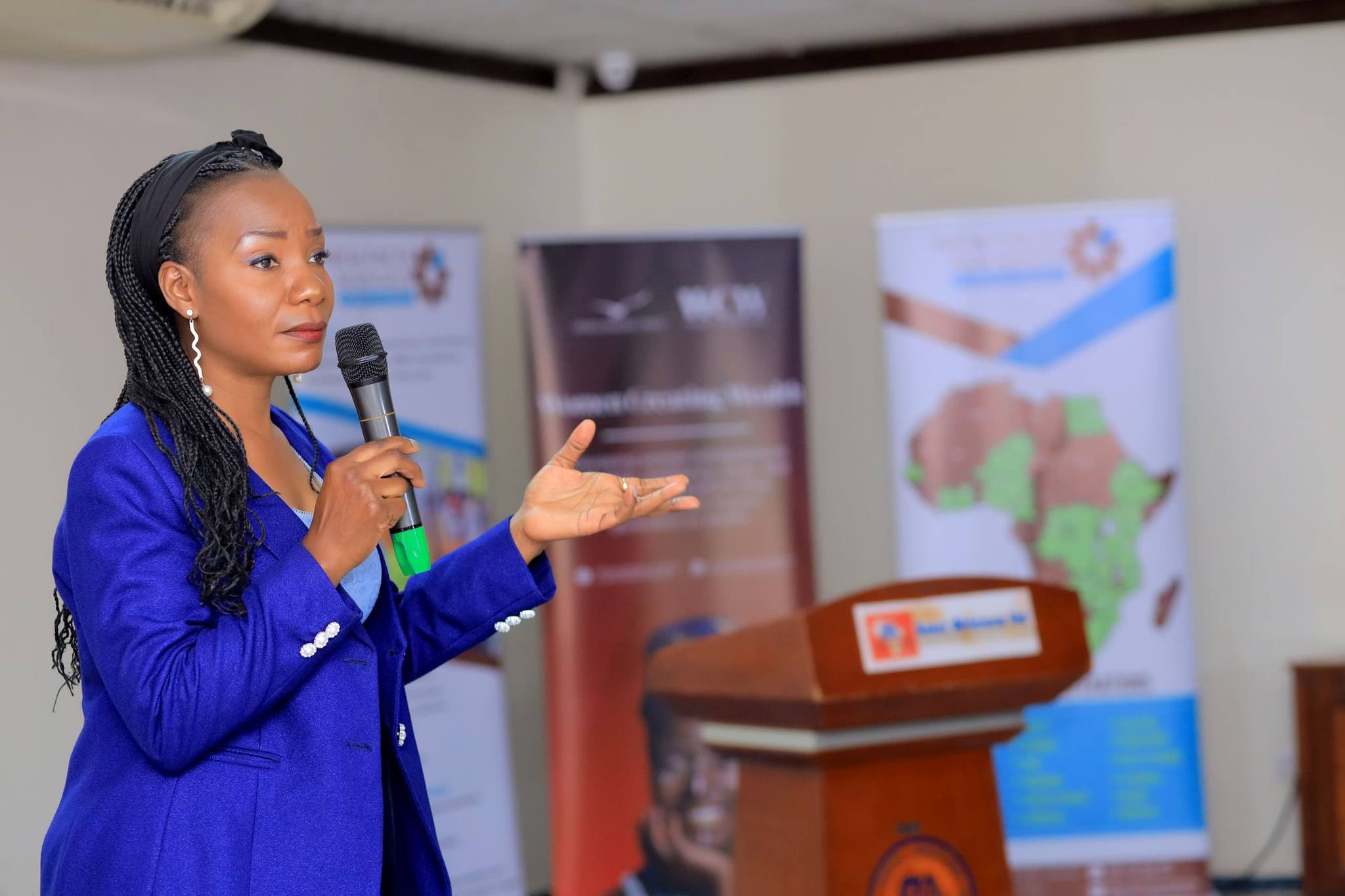Gendered realities and the disproportionate impacts of climate change on women

By Ruth Kyarisiima
Climate change is one of the most pressing challenges of our time, affecting communities and ecosystems worldwide. However, beneath the surface of global warming, far-reaching consequences lay a stark reality: the impacts of climate change are not gender-neutral.
Women, especially those in vulnerable communities, are disproportionately affected by the changing climate. It is imperative to recognize and address these gendered implications to ensure a just and equitable response to the climate crisis.
In many developing countries like Uganda, women play a significant role in agriculture, subsistence farming, and fishing. The unpredictable weather patterns brought about by climate change, including droughts, floods, and storms disrupt these activities.
Women often have limited access to resources such as land, technology, and financial services, which makes it challenging to adapt to these changing conditions. The resulting loss of livelihoods exacerbates poverty and food insecurity, disproportionately affecting women and their families.
Furthermore, climate change intensifies water scarcity, with women bearing the brunt of its consequences women and girls are typically responsible for water collection in many African societies, spending hours each day fetching water for household needs.
As water sources become scarcer due to droughts and changing precipitation patterns, the burden on women increases, further limiting their opportunities for education and economic participation. additionally, inadequate access to clean water and sanitation facilities disproportionally affects women’s health and hygiene.
During climate-related disasters, women’s vulnerability is heightened. Pregnant women, the elderly, and those with caregiving responsibilities often face difficulties in accessing healthcare and evacuation resources.
In post-disaster scenarios, women also face of increased risks of gender-based violence and exploitation. Displaced populations often experience crowded and insecure living conditions, amplifying these risks.
Climate change impacts can hinder girls’ education, perpetuating inequalities. Girls may be tasked with additional responsibilities, such as water collection and household chores, reducing their time for school. Climate-related events, such as floods and storms, can damage schools and disrupt educational routines.
With limited education and fewer opportunities, women have reduced economic independence and are less able to engage in decision-making processes at community and national levels.
While women are often depicted as victims of climate change, they are also key agents of resilience. Women possess valuable traditional knowledge and adaptive strategies that can contribute to community resilience in the face of climate-related challenges. Incorporating women’s perspectives and expertise into climate adaptation and mitigation strategies is essential for effective and sustainable responses.
Addressing the gendered impacts of climate change requires a multifaceted approach. Governments, organizations, and communities must work together to promote women’s participation in decision-making processes related to climate action.
This includes providing women with access to education, resources and technology, as well as ensuring their voices are heard in policy discussions. Supporting women-led initiatives, such as sustainable farming practices and climate-resilient entrepreneurship, can enhance women’s agency and economic stability.
The gendered impacts of climate change are a sobering reminder of the interconnectedness of environmental and social issues. As we strive for a more sustainable and equitable future, is imperative to recognize that climate change disproportionately affects women, particularly those in vulnerable communities.
By centring on women’s experiences, empowering their voices, and addressing their unique challenges, we can build a more just and resilient world that confronts climate crisis with determination.
Ruth Kyarisiima is the Programs Assistant at Strategic Response on Environmental Conservation (STREC)







